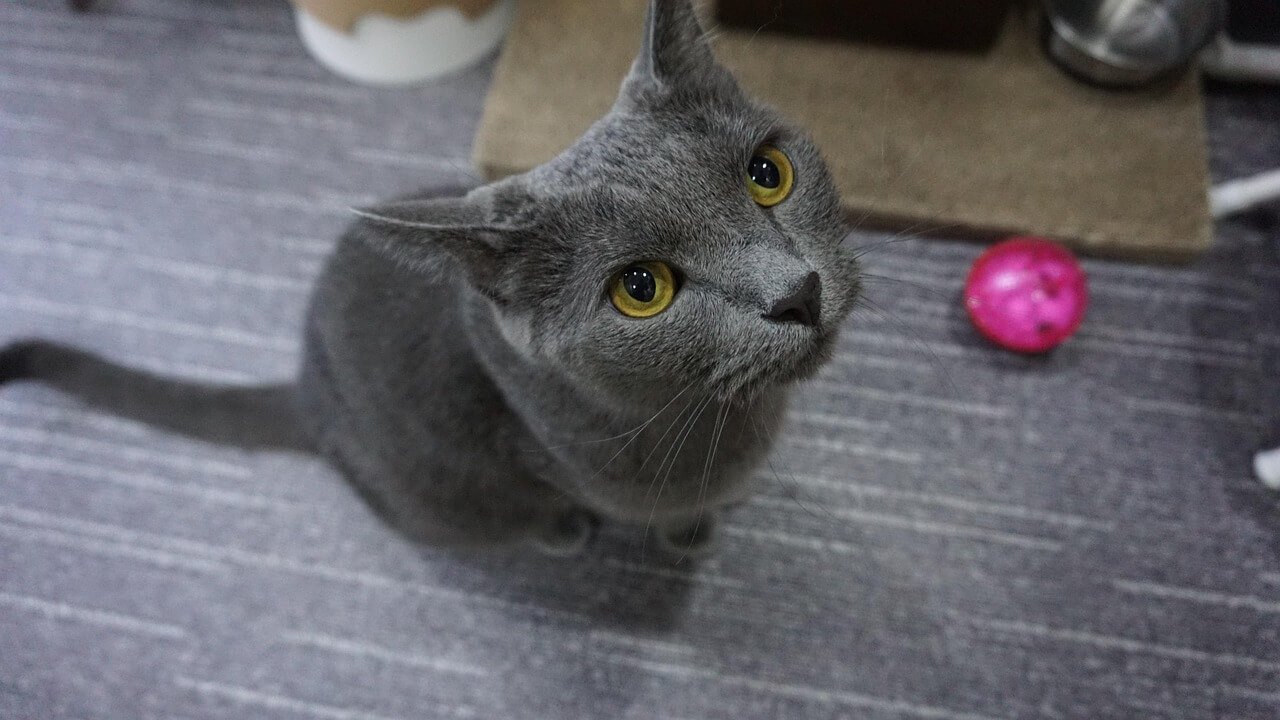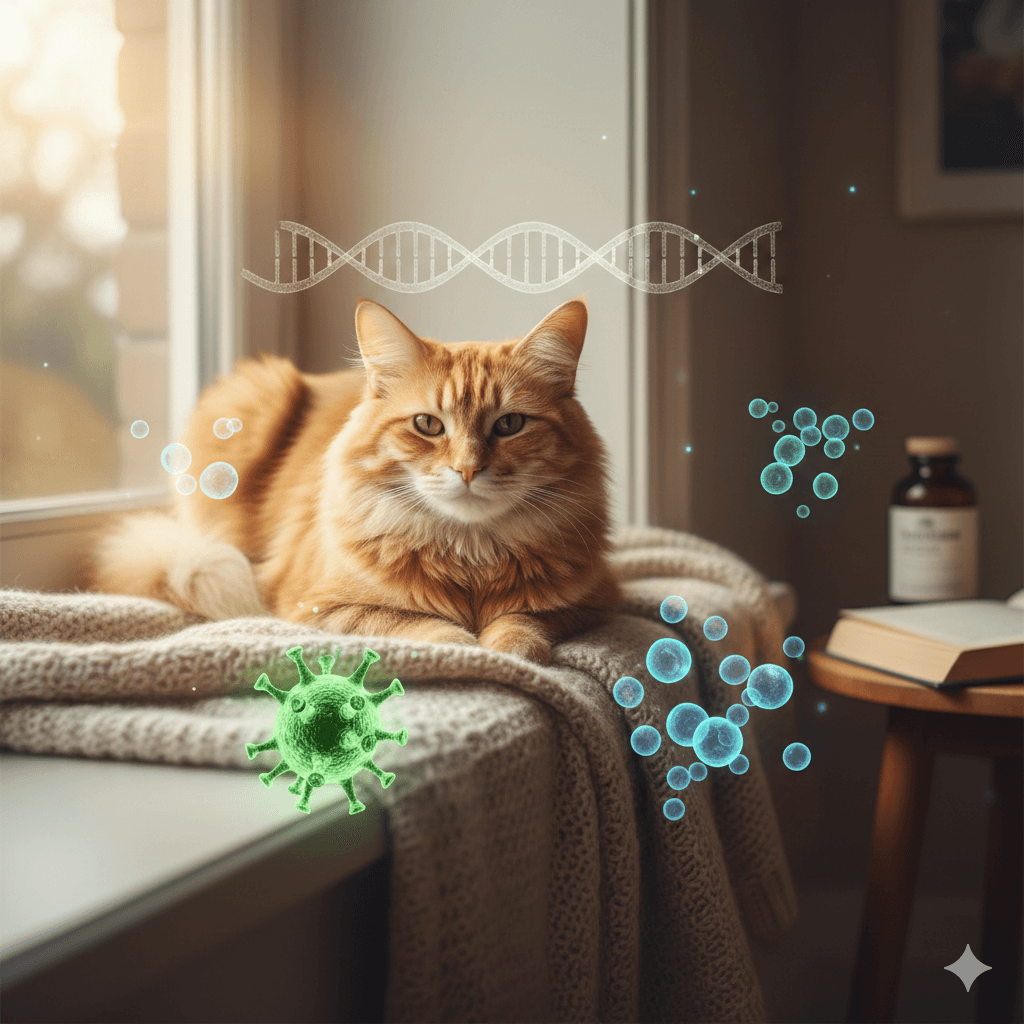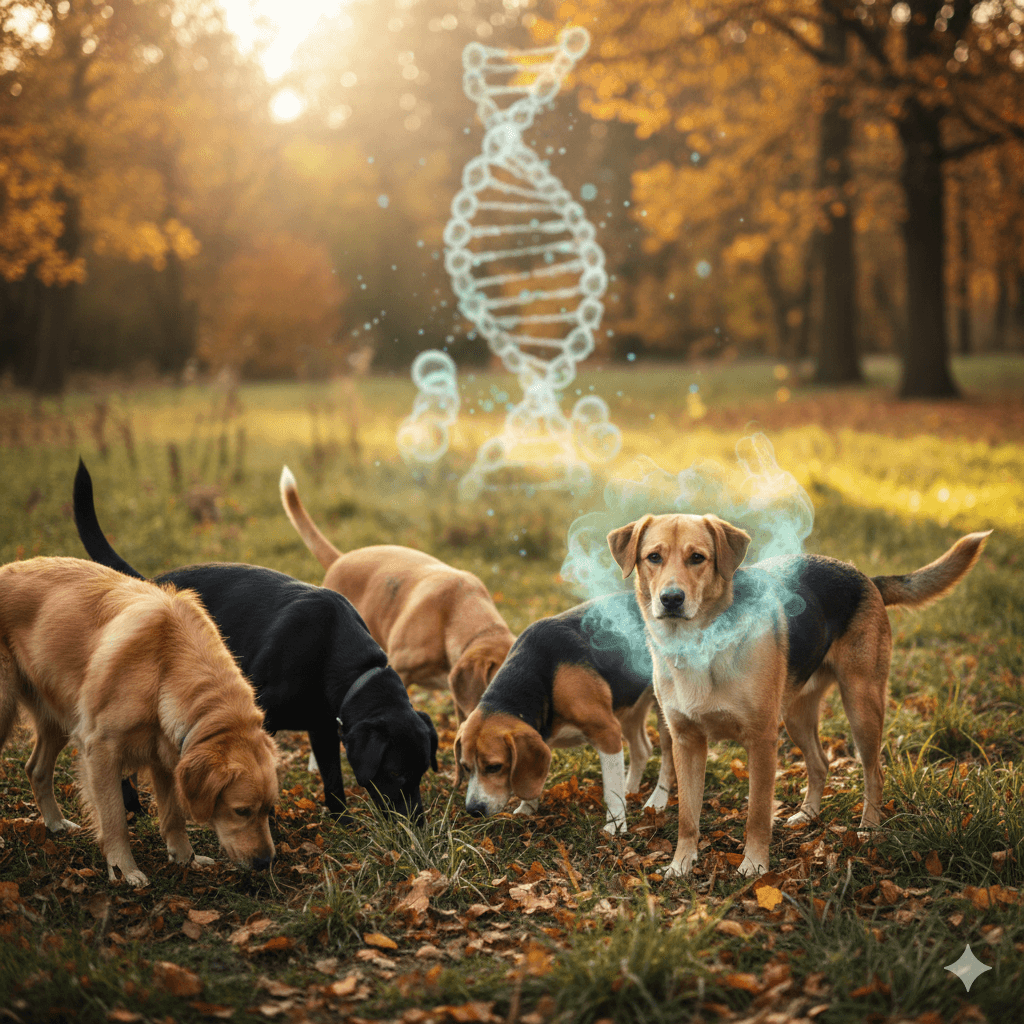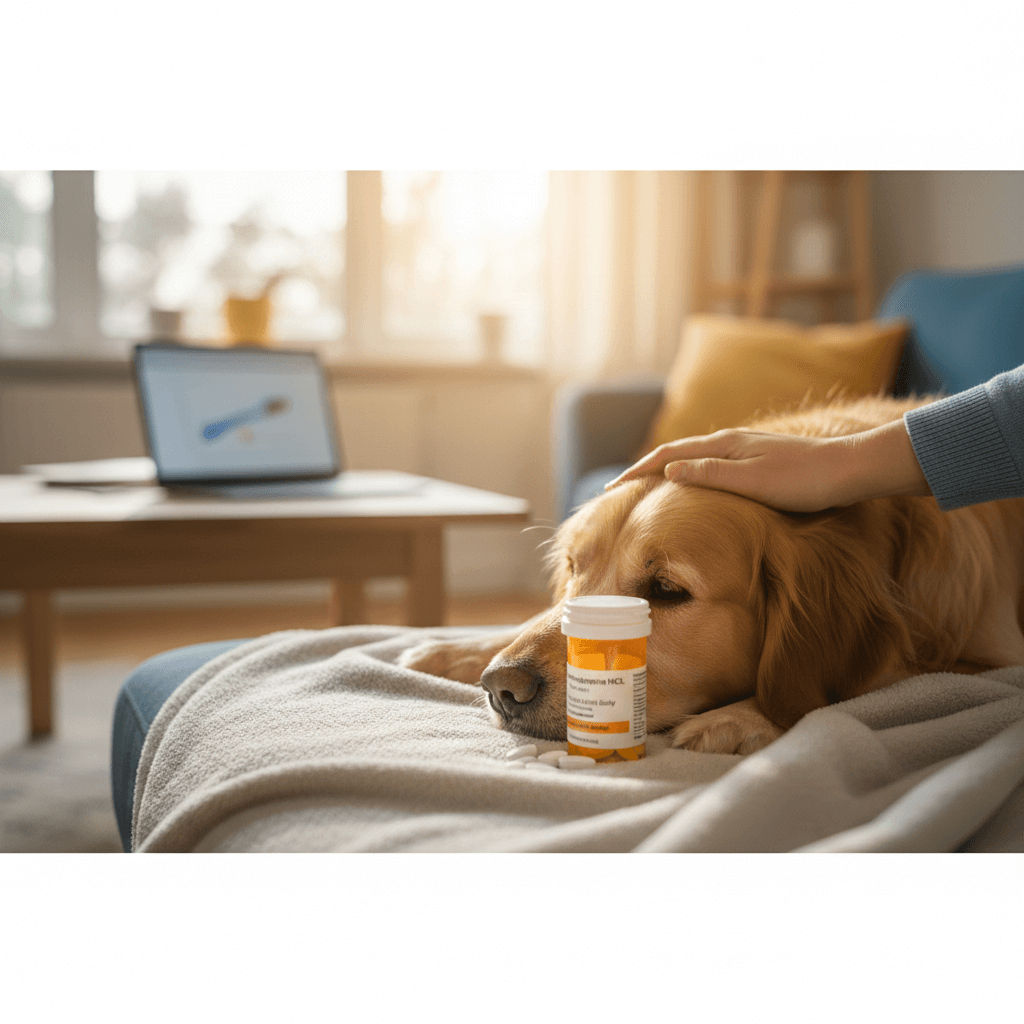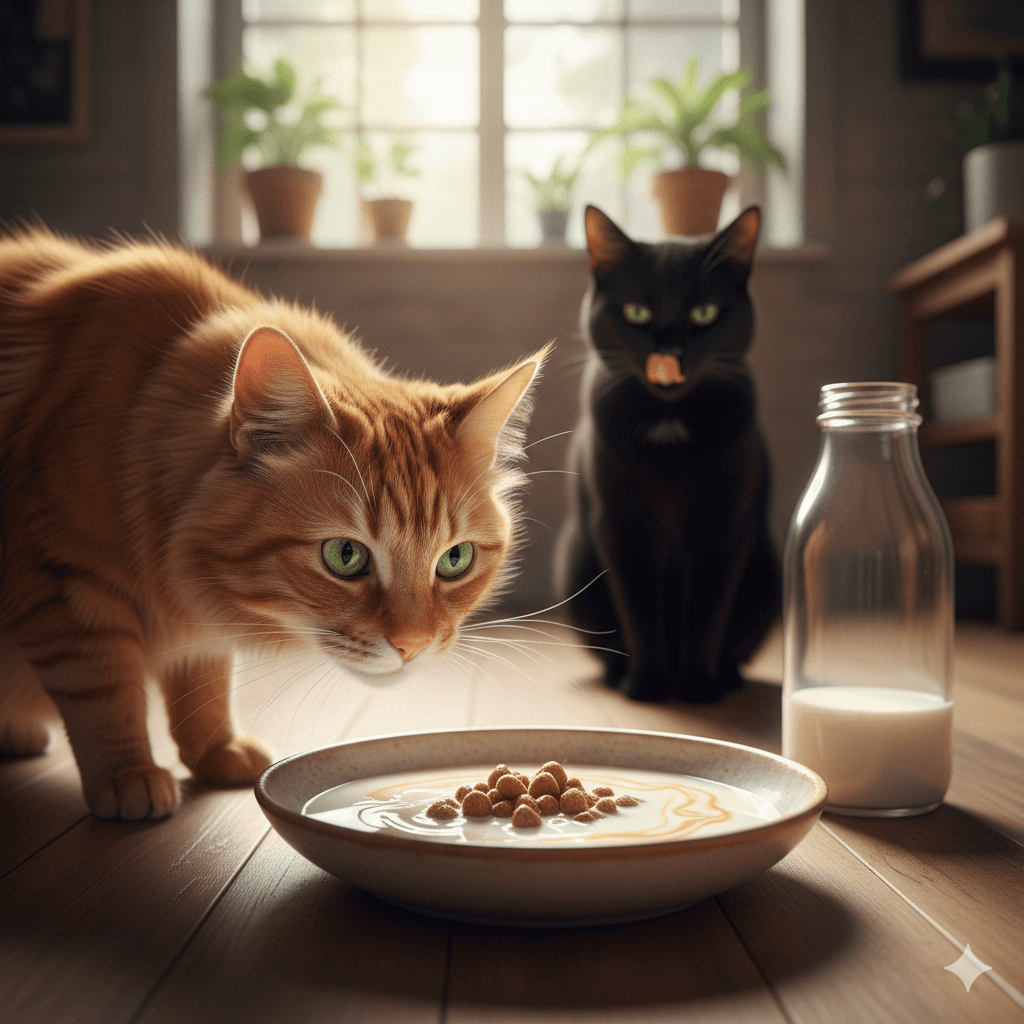Can Cats Have Oat Milk?
As plant-based milk alternatives like oat milk grow in popularity, many cat owners wonder if these trendy beverages are safe for their feline friends. While cats are obligate carnivores and thrive on a diet rich in animal proteins, curiosity often leads us to question whether small indulgences like oat milk are permissible. Oat milk is lactose-free, making it seem like a healthier option compared to dairy milk, but does that mean it’s safe for cats? In this blog post, we’ll explore the potential benefits, risks, and guidelines for offering oat milk to your cat, ensuring you make informed decisions about their diet.
Is Oat Milk Safe for Cats? Key Considerations
While oat milk isn’t toxic to cats, there are several factors to consider before offering it as a treat. Moderation and awareness of potential side effects are crucial to keeping your cat healthy.
Lactose-Free Doesn’t Mean Risk-Free:
Although oat milk lacks lactose, it still contains ingredients that may upset your cat’s sensitive digestive system.High Sugar Content:
Many commercial oat milk brands are sweetened with added sugars, which can lead to weight gain or diabetes in cats over time.Potential Allergies:
Some cats may have sensitivities to oats or other ingredients in oat milk, resulting in allergic reactions like itching or gastrointestinal issues.Caloric Impact:
Even small amounts of oat milk can add unnecessary calories to your cat’s diet, potentially leading to obesity if given too frequently.Unnecessary for Nutrition:
Cats don’t require plant-based milk for optimal health. Their dietary needs are best met through high-quality animal protein sources.
Understanding these considerations ensures that any decision to give your cat oat milk is made responsibly and with their well-being in mind.
How to Safely Offer Oat Milk to Your Cat
If you decide to let your cat try oat milk, following these guidelines will help minimize risks and ensure a positive experience.
Choose Unsweetened Varieties:
Opt for plain, unsweetened oat milk without additives or flavorings, as these are less likely to cause digestive upset.Start with a Tiny Amount:
Introduce oat milk gradually by offering just a teaspoon or two to gauge your cat’s reaction.Monitor for Digestive Issues:
Watch for signs of vomiting, diarrhea, or excessive gas after consumption, as these indicate intolerance.Avoid Regular Treats:
Reserve oat milk as an occasional indulgence rather than a regular part of your cat’s diet.Consult Your Veterinarian:
Always check with your vet before introducing new foods, especially if your cat has underlying health conditions.
By taking these precautions, you can safely determine whether oat milk suits your cat’s individual needs.
Check this guide 👉Can Cats Drink Lactose-Free Milk? Best 7 Health Tips!
Check this guide 👉What Is Cat Milk? Best 7 Expert Tips!
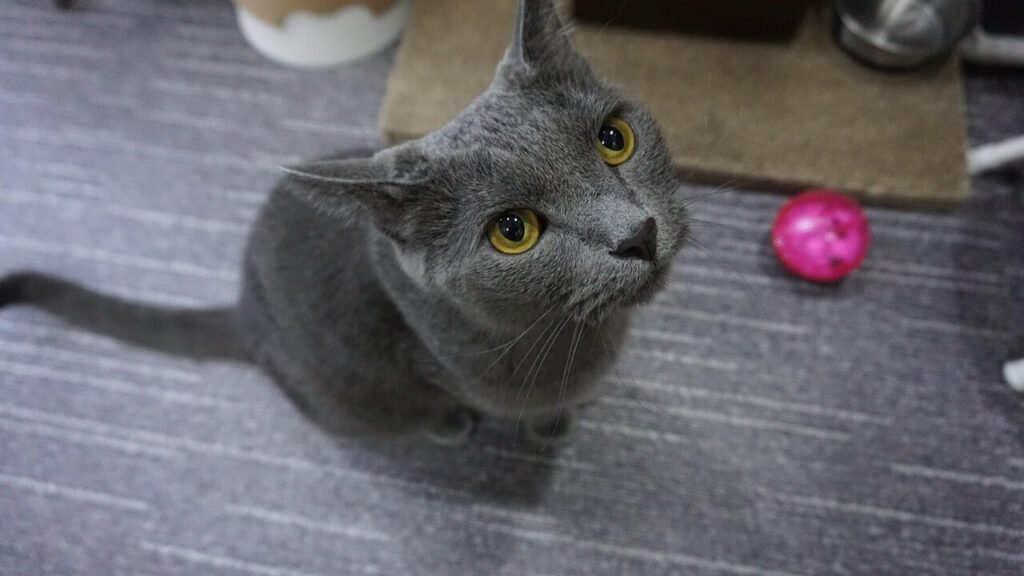
Safe Alternatives to Oat Milk | Risks of Feeding Unsuitable Drinks |
|---|---|
Plain water (always the best choice) | Dairy milk causing lactose intolerance |
Small amounts of bone broth | Sugary drinks leading to obesity |
Lactose-free cat-specific milk | Artificial flavors irritating the gut |
Coconut water (unsweetened and diluted) | Caffeinated beverages being toxic |
Freshly prepared meat juices | Alcohol harming liver function |
Signs Your Cat May Not Tolerate Oat Milk
Not all cats react well to oat milk, and recognizing warning signs early can prevent discomfort or complications. Look out for these symptoms if you’ve introduced oat milk into your cat’s diet.
Vomiting:
Persistent vomiting after consuming oat milk indicates digestive distress or intolerance.Diarrhea:
Loose stools are a common sign that your cat’s system cannot process the ingredients in oat milk.Lethargy:
A sudden lack of energy may suggest your cat is feeling unwell due to dietary changes.Excessive Thirst:
Increased water consumption could signal dehydration caused by digestive upset.Loss of Appetite:
Refusal to eat might indicate nausea or discomfort stemming from oat milk ingestion.
If you notice any of these signs, discontinue offering oat milk and consult your veterinarian promptly.
Nutritional Needs of Cats vs. Human Foods
Cats have unique nutritional requirements that differ significantly from humans, making most human foods unsuitable for them. Understanding these differences helps explain why oat milk isn’t ideal for felines.
Obligate Carnivore Diet:
Cats rely on animal-based proteins and fats for essential nutrients like taurine, which aren’t found in plant-based foods like oat milk.Limited Carbohydrate Processing:
Unlike humans, cats lack the enzymes needed to efficiently digest carbohydrates, including those in oat milk.Hydration Through Food:
Cats typically obtain moisture from their prey or wet food, so liquids like oat milk aren’t necessary for hydration.No Craving for Sweetness:
Cats lack taste receptors for sweetness, meaning they won’t enjoy sugary drinks and may even suffer adverse effects.Specialized Kidney Function:
A cat’s kidneys are adapted to process animal proteins, not plant-based alternatives, making oat milk harder to metabolize.
Recognizing these distinctions reinforces the importance of prioritizing species-appropriate nutrition for your cat.
Common Mistakes When Feeding Cats Human Foods
Feeding cats human foods like oat milk can lead to unintended consequences if done improperly. Avoid these common mistakes to protect your cat’s health.
Assuming All “Healthy” Foods Are Safe:
Just because a food is nutritious for humans doesn’t mean it’s suitable for cats.Overlooking Ingredient Lists:
Failing to read labels can result in exposing your cat to harmful additives or allergens.Ignoring Portion Sizes:
Even small amounts of inappropriate foods can disrupt your cat’s delicate digestive system.Neglecting Veterinary Advice:
Skipping a professional opinion can lead to feeding unsafe or unnecessary items.Treating Cats Like Humans:
Cats have vastly different nutritional needs, so treating them like miniature humans can backfire.
Avoiding these errors ensures your cat stays healthy and happy.
Alternatives to Oat Milk for Hydration and Treats
If you’re looking for ways to hydrate or spoil your cat without oat milk, here are some safer and more appropriate options.
Fresh Water:
Always encourage your cat to drink plenty of fresh, clean water to stay hydrated.Wet Cat Food:
High-quality wet food provides both nutrition and moisture, supporting overall health.Cat-Specific Milk Products:
Specially formulated lactose-free milk designed for cats is a safer alternative to oat milk.Homemade Bone Broth:
Low-sodium, unseasoned bone broth can be a tasty and hydrating treat for cats.Freeze-Dried Meat Snacks:
These treats offer protein-rich indulgences that align with your cat’s natural diet.
These alternatives cater to your cat’s instincts while keeping them safe and nourished.
Understanding Your Cat’s Preferences and Limits
Every cat is unique, and their tolerance for certain foods can vary widely. Here’s how to better understand your cat’s preferences and limits.
Observe Behavioral Cues:
Pay attention to how your cat reacts when offered new foods, noting signs of interest or rejection.Test Gradually:
Introduce new foods slowly and in small amounts to identify any adverse reactions early.Respect Individual Differences:
Some cats may tolerate oat milk better than others, but this doesn’t mean it’s universally safe.Note Allergic Reactions:
Watch for symptoms like itching, swelling, or respiratory issues, which may indicate allergies.Adjust Based on Feedback:
Use your observations to tailor your cat’s diet to their specific needs and preferences.
By staying attentive to your cat’s responses, you can provide the best care tailored to their individuality.
Frequently Asked Questions About Cats and Oat Milk
Can kittens drink oat milk?
No, kittens should only consume kitten formula or mother’s milk. Oat milk lacks the nutrients they need for proper growth.
What happens if my cat drinks too much oat milk?
Excessive consumption can lead to digestive upset, obesity, or nutrient deficiencies over time.
Are there any benefits to giving cats oat milk?
For most cats, there are no significant nutritional benefits, though some may enjoy it as an occasional treat.
Can oat milk replace water for my cat?
No, water is always the best hydration source for cats. Oat milk should never substitute for water.
What if my cat accidentally drinks oat milk?
A small amount is unlikely to harm your cat, but monitor them closely for any adverse reactions.
Prioritizing Your Cat’s Health Over Trendy Treats
While oat milk may seem like a harmless indulgence, it’s important to remember that cats have specific dietary needs that aren’t met by plant-based alternatives. By understanding the potential risks and limitations of offering oat milk, you can make informed decisions that prioritize your cat’s health and happiness. Always lean toward species-appropriate nutrition and consult your veterinarian before introducing new foods. With care and attention, you can ensure your feline friend enjoys a balanced and satisfying diet—without compromising their well-being.
How Cats Develop Lymphoma: Best 7 Expert Tips! – Learn about causes, symptoms, and prevention to protect your cat from this common cancer.
How Dogs Develop Lymphoma: Best 7 Expert Tips! – Learn causes, symptoms, and prevention strategies to protect your dog from this common cancer.
Diphenhydramine Safe for Dogs? Best 7 Expert Tips! – Learn proper dosing, uses, and precautions to keep your dog safe while using Benadryl.
Is Milk in Cat Food Safe? Best 7 Expert Tips! – Discover the truth about milk in cat food, its risks, and how to keep your feline healthy and happy.

